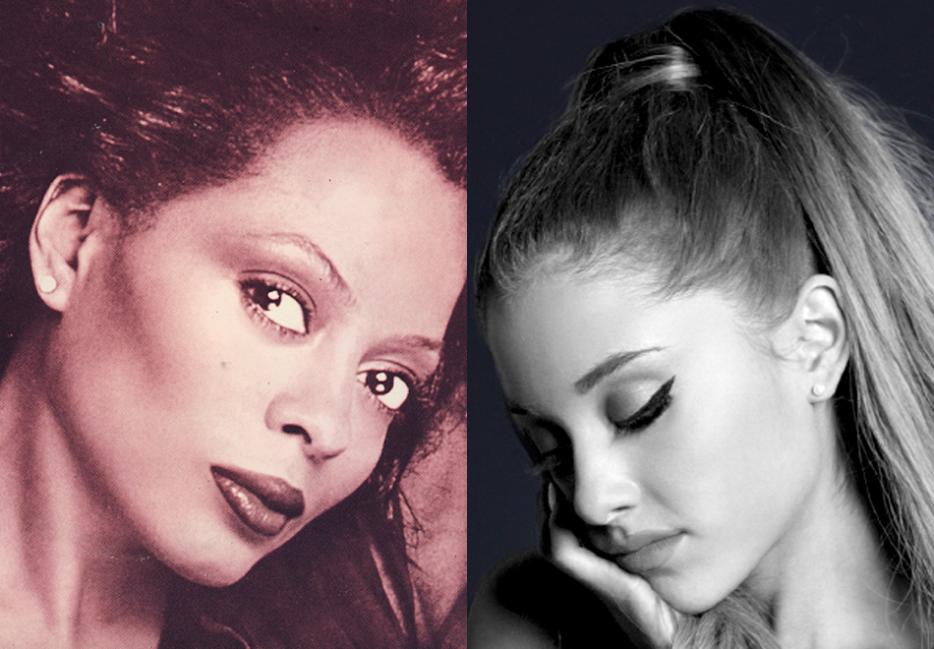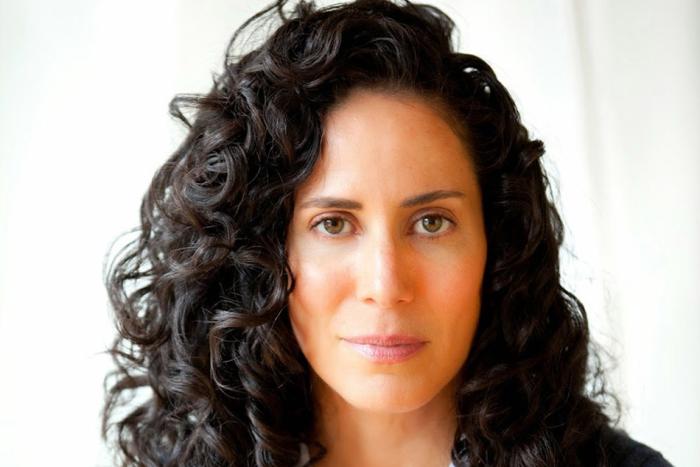For somebody who emerged singing woozily idealized evocations of ‘90s R&B, Ariana Grande is no naïf. Not quite a year after that first album, her new record My Everything strides coolly into line with current dance-pop, marshaling the man who did as much as anyone to give it spring and shape, and the melodies written by Max Martin et al adhere to her voice like pliant taffy. What hasn’t changed is Grande’s taste in guest artists, by turns canny—booking Iggy Azalea moments before her Jack-Torrance-like breakthrough, booking Nicki Minaj whenever—and insipid.
Now and then, though, she works small miracles with corny MCs: the lead single “Problem” transmutes Big Sean’s laziness into a subtly anticlimactic whisper; Childish Gambino might be beyond help—Donald Glover took that moniker from a Wu-Tang name generator, and I’d rather listen to an algorithm spit out random Ghostface lyrics. He uses “Break Your Heart Right Back” and its ex-cheating-with-another-man premise as an excuse for the wretched punchline, “Yes, I’m a G, from the A, and they ask Y.”






